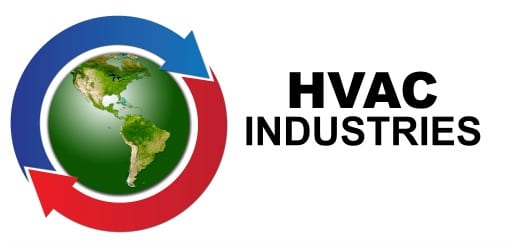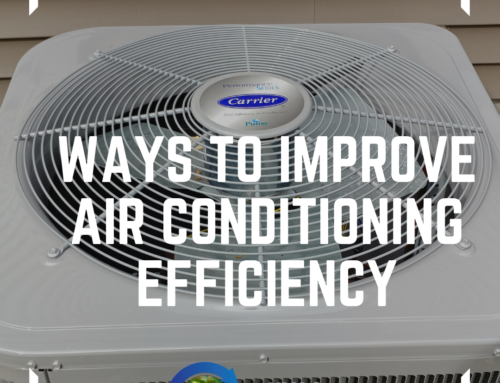 For some climates, you need to leave your heat on from October to April (or May!). For others, summers are brutal and for health reasons, your air conditioner should stay on. In most cases, though, there are times where leaving your equipment running is optional. The question is: should you?
For some climates, you need to leave your heat on from October to April (or May!). For others, summers are brutal and for health reasons, your air conditioner should stay on. In most cases, though, there are times where leaving your equipment running is optional. The question is: should you?
Reasons to leave your system running:
1. You don’t have to wait for the temperature to reach where you want it. Your home will be a consistent temperature throughout the day with more opportunity to even out throughout the house.
2. During summer, your air conditioner takes care of humidity as well as heat. Leaving it on keeps your humidity within reasonable limits and doesn’t overburden the unit if you leave it off for a long time then put it on.
3. You may be tempted to turn off the heat to save energy on a mild winter day, or if you’ll be away for a while. This can lead to frozen pipes if the temperature drops unexpectedly. Leaving it running keeps your home safe from too-low temperatures. Turn down your thermostat to a minimum of 10oC (50oF) to save on energy without the risk of freezing.
4. Forced air systems have the option of running the fan continuously, even when heating or cooling isn’t required. This circulates the air continuously, passing it through the filters and improving indoor air quality.
5. Another reason to have your fan run continuously is to provide better temperature distribution throughout your home. Constant air movement mixes air throughout your home. This prevents stagnant air pockets from forming and giving you unpleasant hot or cold spots.
Reasons to shut it down:
1. While your system draws more electricity during ramp up, it also consumes more power if left on 24/7. Leaving your system running continuously results in more energy consumption overall.
2. Most residential air conditioning systems use a refrigerant. Peak efficiency for these units is close to full load. So when the air conditioner is working hard to lower your home’s temperature, its efficiency is high. If you leave on the air conditioner to maintain your home’s temperature, the unit’s efficiency falls. Ultimately this adds to your summer energy bills.
3. You’ll see quicker wear and tear on parts. This translates into higher maintenance costs and a shorter lifespan.
4. When your fan runs continuously, it passes more air through the filters. Because your filter is taking care of more air, it clogs faster and needs replacing sooner.
Whether or not you decide to run your HVAC equipment continuously, you need it working well. Give HVAC Industries a call to make sure your unit is at peak performance!






